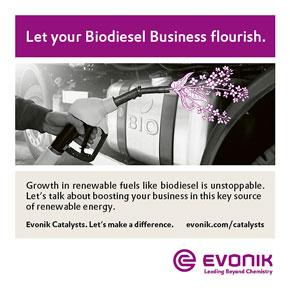MAS uses SAF in collaboration with Neste and PETRONAS
The flight marks Malaysia Airlines’ commitment to make SAF the cleaner and more viable energy option for regular flights by 2025.
The historic flight MH7979 utilising the Airbus 330-200 aircraft departed Amsterdam Airport Schiphol using a blend mixture of approximately 38% SAF made from used cooking oil, and conventional jet fuel, before arriving at Kuala Lumpur International Airport.
This successful operation was a result of the supply deal between PETCO, which is PETRONAS’ marketing and trading arm in Europe, and Neste, the world’s leading producer of renewable diesel and SAF refined from waste and residues.
In addition to using sustainable aviation fuel, preparations for this flight were done with GE Digital’s FlightPulse® and Fuel Insight software that assisted the flight crew in planning for efficient fuel procedures during the flight.
The data logged during the flight will be processed and analysed to help the Operations team better understand the opportunities to operate a more sustainable flight.
Izham Ismail, group CEO, said: “Building on the momentum from our Net Zero Emissions commitment earlier this year, we are proud to have crossed the significant landmark of operating the first Malaysian flight using sustainable aviation fuel (SAF).
Moving forward, we expect SAF to be a key component of our strategy to deliver a more sustainable travel experience for our customers. With the completion of today’s significant first step, we are committed to working towards having a viable SAF supply chain here in Malaysia, and we believe the only way we could reach this goal is through strategic collaboration and support from our stakeholders.”
Thorsten Lange, executive vice president, Renewable Aviation at Neste, added: “Neste is committed to helping aviation with its emission reduction targets and we’re delighted to cooperate with Malaysia Airlines and PETRONAS to complete their first SAF-powered flight. Neste’s SAF provides immediate emission reductions and is already available today, playing a pivotal role in decarbonising the aviation industry. We continue to scale up our operations and will have the capacity to produce some 1.5 million tons of SAF annually by the end of 2023.”












